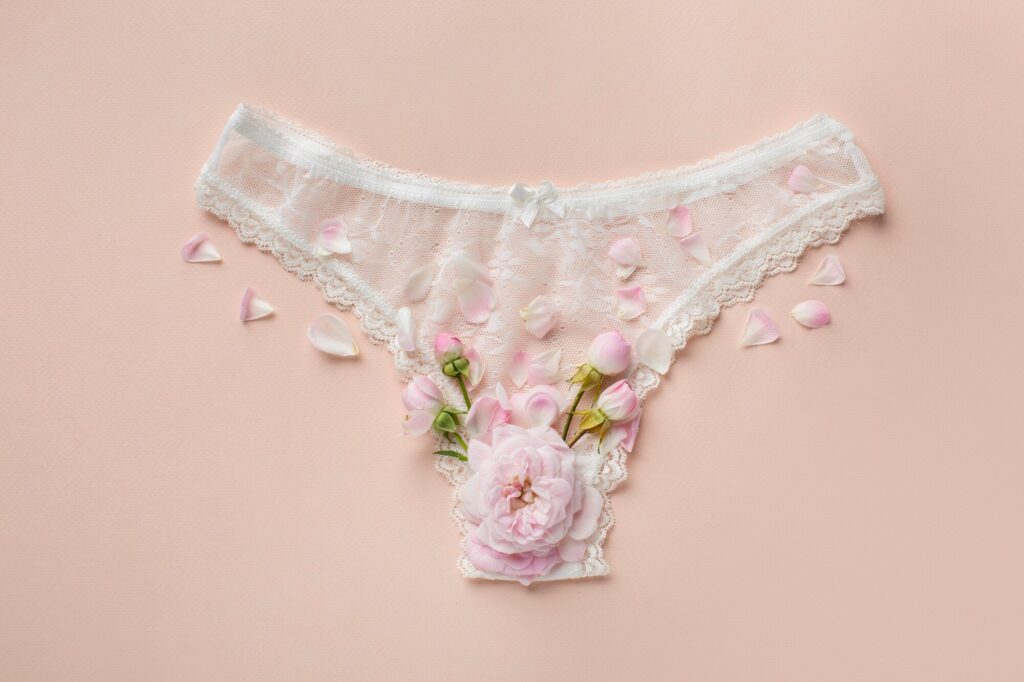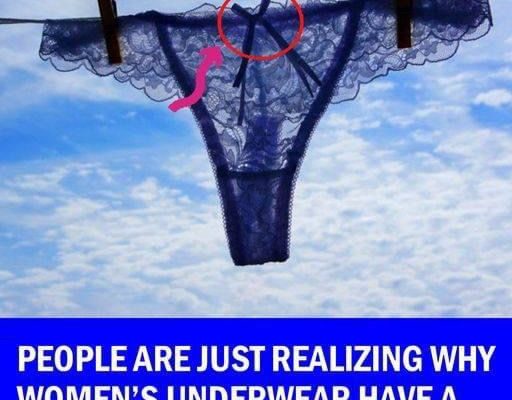Underpants. You wear them almost every day of your life, but you probably don’t give them or their peculiarities a lot of thought.
For example, in 2021, we saw that some of you were unaware of the purpose of the holes in front of boxer shorts… We’ve since learned that some individuals find women’s underwear mysterious, especially the tiny bow that occasionally adorns it.
Although the bow is undoubtedly ornamental, there is a story that has circulated on the Internet over the years suggesting that this wasn’t always the case.
“Now? Because it’s cute, it’s feminine, it evokes innocence, and it makes it really easy to tell which side is the front when dressing hastily in the dark,” one Redditor said in answer to a question on where the tradition began.
“What about the tradition’s origins? It dates back to the time when elastic bands were used, when your pants were fastened with a ribbon that was inserted through the eyelet lace on top. You knotted the ribbon in the little bow, which is conveniently located in the front where it’s most convenient to execute such an operation.”

Although the idea is tenable—people preferred wearing underwear before elastic was created in 1820 and became widely used in apparel in the 1900s—there isn’t much proof shown to support the assertion.
In the medieval centuries, men undoubtedly wore loose drawers, or “braies,” that were fastened with a drawstring or a belt. But we no longer tie a belt around our underwear to honor the tradition, nor do men’s underwear still feature bows.
What women in Europe wore prior to the fifteenth century is a subject of some debate. It is a lot to expect of an underpant that writing, art, and textiles that have been sufficiently conserved to endure to this day provide the majority of our evidence. After then, women wore corsets occasionally along with petticoats and nightie-like clothing underneath their attire, known as chemises. Historian Tim Lambert of Local Histories claims that they also wore drawers in the 1800s. At first, they were simple, but as the century went on, they became increasingly ornate, covered in bands and lace.
Women, girls, and young boys all wore pants, which first appeared in France in the 19th century. We refer to these baggy, long pants—which are actually just one item—as a “pair of underpants” since they were split in half and fastened together with a drawstring. It’s possible that when elastic gained traction, these drawstring bows were retained as a decorative element, but the adornment was eliminated from men’s underwear.
Conversely, it’s possible that underwear producers just found it to be a charming, ornamental touch, unrelated to historical customs. Who doesn’t appreciate a bow, after all?



